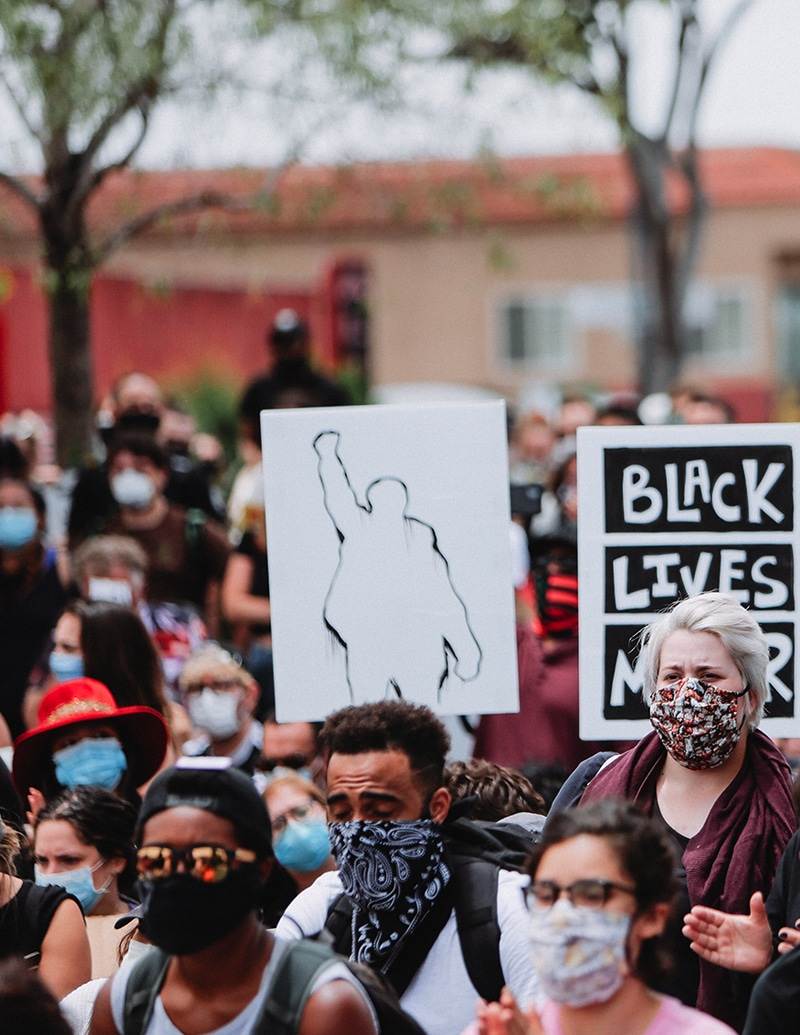Listening Rooms
Anti-RacismA safe place for participants to unpack their feelings and ask questions about the changing world around them.
Group Dialogue
Anti-Racism Listening Rooms
Our people3 Anti-Racism Listening Rooms are spaces for just that–listening and processing. People3 listening rooms are moderated safe spaces where trained anti-racism facilitators ask guided and curated questions that allow participants to unpack their feelings and ask their own questions about the changing society we live in.
Our expert-led Anti-Racism Listening Rooms are organized with curated questions to guide participants to a better understanding of current social movements. Anti-Racism Listening Room participants want a safe space to unpack social movements like Black Lives Matter, how to be an advocate and an ally for Black communities and colleagues, learning what being anti-racist means, and to gain a better understanding of concepts like White privilege. Participants often want answers and a space to openly process thoughts or questions they may be unsure how to express without potentially offending others. Others want a space to share their experiences and help others understand their perspective.
Our people3 Listening Rooms provide the ideal opportunity to work through those questions with our trained anti-racism facilitators who guide participants to their own answers while providing feedback. Our people3 facilitators also provide learning resources and ideas for both individual anti-racism efforts and community strategies to help individuals and organizations process both personal and societal dialogue on social movements.
At people3 we are aware that these are sensitive workplace topics and unfamiliar times. We help create the safe space for your organization’s participants to process, engage, reflect, and learn.
Participants will explore these concepts:
What does it mean to be anti-racist?
What is the Black Lives Matter movement all about?
Why are people protesting?
What is White privilege?
How can I be an ally or advocate for my Black team members?
How do I have conversations with those that don’t agree with these social movements?

Participants will explore the following concepts:
What does it mean to be anti-racist?
What is the Black Lives Matter movement all about?
How can I be an ally or advocate for my Black team members?
Why are people protesting?
What is White privilege?
How do I have conversations with those that don’t agree with these social movements?
